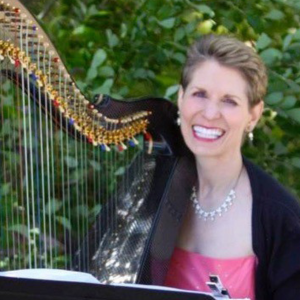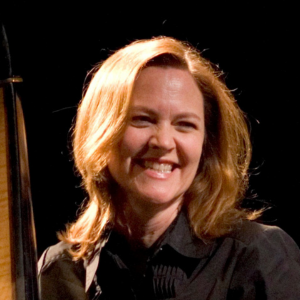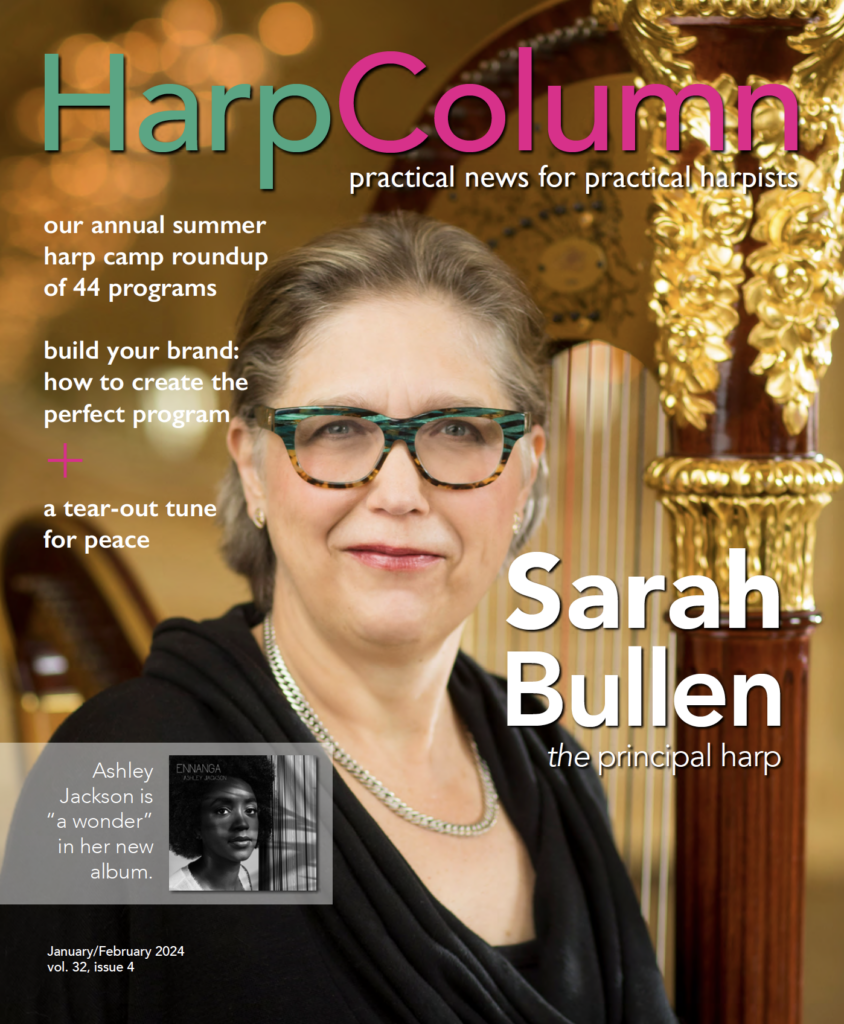People aren’t buying CDs anymore. What can I do with all the unsold CDs I have? I don’t want to add them to the landfill.

People are actually still buying CDs, as technology never leaves us completely—the resurgence of vinyl record sales is proof of the phenomenon. CDs and vinyl sound much better than downloaded mp3s. They make great autographed souvenirs for those attending your concerts, and wonderful autographed gifts for your clients. They act as your digital business cards to show any agent and on-air DJ that you are a legitimate musician. Sell them where people are looking to buy them—at your performances and at local shops. Anywhere you perform, ask the manager of the venue if they would like to keep your CDs in stock to sell. If they only want to take them on consignment, keep a running list of where you leave CDs for sale and check back regularly to collect money and restock. Post on your website and in social media where your CDs are available to buy.
If your CDs aren’t selling right now, you can turn that trend around—CDs don’t expire, and you can attract new fans years after a release. If you aren’t performing live anymore and just want to get rid of them, donate them to hospitals, yoga studios, or anywhere that might enjoy them. No need to add them to a landfill.
—Anne Roos

If they’re annoying you, you should recycle them (for example with GreenDisk, TerraCycle, or local options). For me the problem is that CDs aren’t completely obsolete—just nearly obsolete. I sold around $1,000 of CDs in 2022, but only a handful in 2023. This change involves a few variables: how and where you sell CDs, and what demographic you play for. For now, I have enough space to keep my stock and to slowly let them (hopefully) sell themselves away.
The day that I have a Marie Kondo-style crisis about my CDs, I’ll recycle them, which could have some ecological consequences. (The discs exist and have to go somewhere.) It’s also important to realize that the world (in varying degrees) has also invested energy in helping us become harpists, and it’s our responsibility to use our creative time efficiently. If your CD problem is affecting this, it’s also wasteful. So the real question seems to be about how much time or money you’ll use to resolve this situation so you can put that energy back into your harp playing. Here’s an experimental idea: “Pay what you like” CDs—basically give them away at concerts, with a tip jar.
—Park Stickney

I have released several CDs and have been sending them to my regular clients and brides as a thank you gift for hiring me. This gesture has been very successful and my clients tell me they really enjoy receiving them. Luckily, I have still been able to sell CDs at my concerts, and I’m happy to see that people still want to buy them.
I have also donated some of my CDs to senior living centers where the residents still play CDs. •






